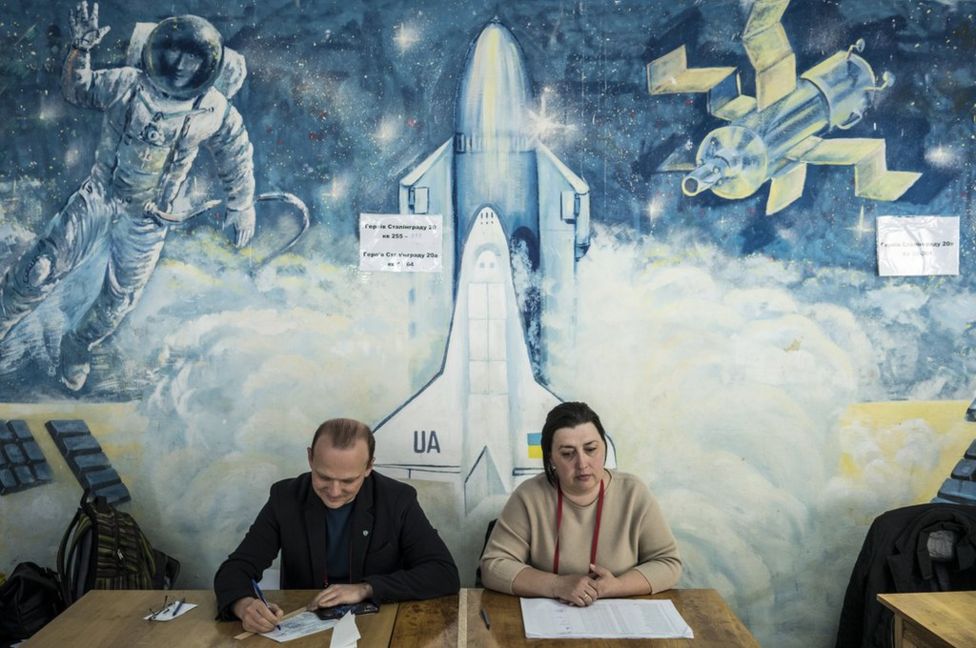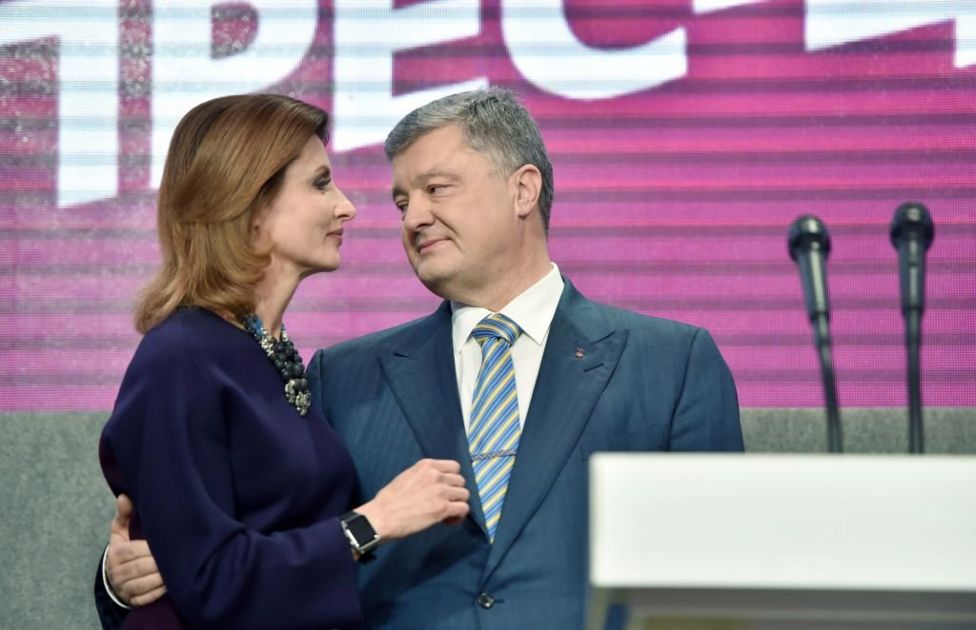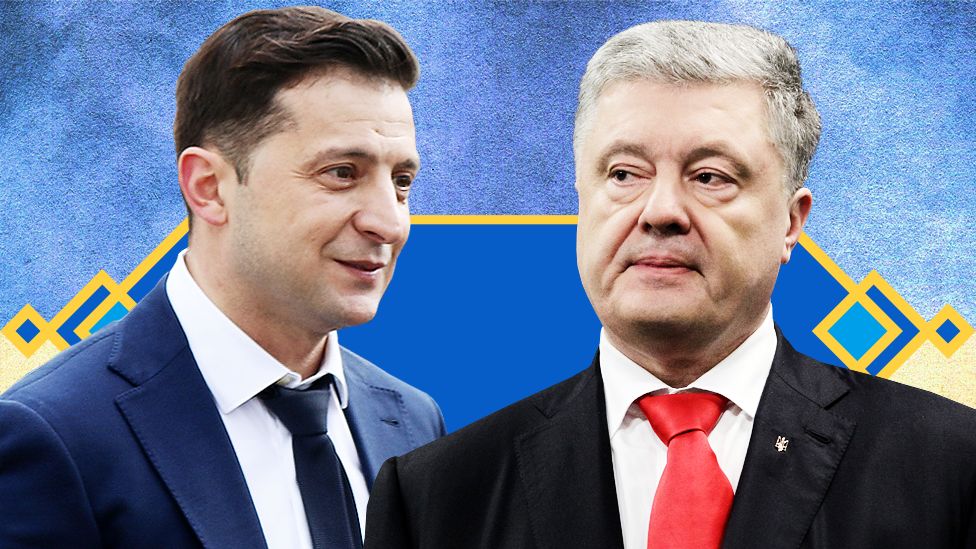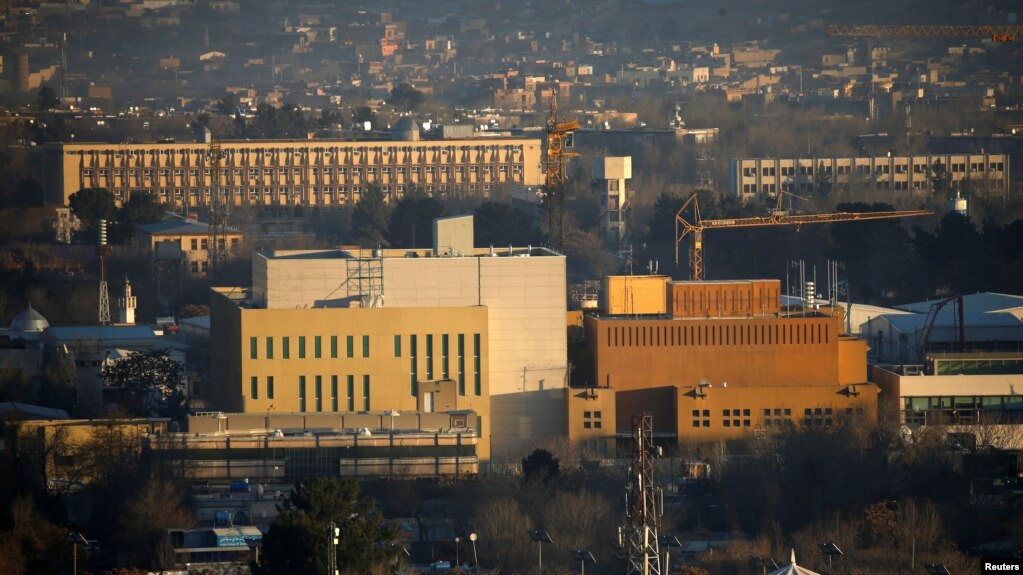
UNICEF/Santiago Arcos
In Cucuta in Colombia, at Francisco de Paula Santander bridge, each morning at around 5 am, hundreds of children cross the border from Venezuela to head to the buses that will take them to school in Cucuta.
29 April 2019
Humanitarian Aid
Without increased support, the health, education and well-being of at least 327,000 children from Venezuela living as migrants and refugees in Colombia will be in jeopardy, the UN Children’s Fund (UNICEF) warned on Monday.
“At a time when anti-migrant sentiment is growing worldwide, Colombia has generously kept its doors open to its neighbors from Venezuela,” said Paloma Escudero, UNICEF Director of Communication who has just finished a four-day visit to Cúcuta, on the Colombian side of the border with Venezuela.
The economic and political situation in Venezuela has caused an estimated 3.7 million Venezuelans to leave their homes for Brazil, Colombia, Ecuador, Peru and other countries in the region.
Some 1.2 million of them are in Colombia, often living in vulnerable host communities with already overstretched resources, said UNICEF.
“As more families make the painful decision to leave their homes in Venezuela every day, it is time for the international community to step up its support and help meet their basic needs,” Ms. Escudero said, adding: “We cannot let that generosity wear thin.”
At the Simon Bolivar Bridge between Colombia and Venezuela, Ms. Escudero spoke to families making the trek every day to seek medical care, take their children to school, and bring food and other essential items to their families back home.

UNICEF/Santiago Arcos
On 23 April 2019 in Cucuta in Colombia, (right) UNICEF Director of the Division of Communication Paloma Escudero speaks with a woman and a child at the UNICEF-supported health centre.
“I met a mother who has epilepsy and is eight months pregnant. She needed to come to Colombia to get her prenatal checkups and protect her health and the health of her baby,” she said. “For most families, the decision to leave is only a measure of last resort.”
Colombia also offers free education to migrant children from Venezuela. UNICEF says that more than 130,000 Venezuelan children are enrolled in schools across Colombia today, up from 30,000 in November last year. Nearly 10,000 of these students are in the border town of Cúcuta and close to 3,000 of them commute from Venezuela every day to go to school.
“I saw hundreds of students cross into Cúcuta at the crack of dawn, in pouring rain, to go to school. Such dedication to learning by parents and students alike is a lesson in commitment, perseverance and determination for all of us,” Ms. Escudero said.
UNICEF is working closely with other humanitarian agencies, national and local authorities, non-governmental organizations and communities in Colombia to provide migrant children, as well as children in host communities with health, nutrition, education and protection.
The agency is looking to boost its current response budget from $5.7 million to $29 million in the coming year to:
Help vaccinate more than 30,000 children;
Provide water, sanitation and hygiene services in schools for 13,000 children;
Provide 40,000 children with formal and informal learning opportunities;
Reach 15,000 nursing mothers with micronutrients; and
Reach 90,000 children and adolescents with actions to prevent and address violence, abuse and exploitation, including gender-based violence and the prevention of child recruitment.
https://news.un.org/en/story/2019/04/1037501
http://creativecommons.org/licenses/by/3.0/legalcode

 Правообладатель иллюстрации BRENDAN HOFFMAN/GETTY IMAGES
Правообладатель иллюстрации BRENDAN HOFFMAN/GETTY IMAGES Правообладатель иллюстрацииBRENDAN HOFFMAN/GETTY IMAGES
Правообладатель иллюстрацииBRENDAN HOFFMAN/GETTY IMAGES Правообладатель иллюстрации SERGEI SUPINSKY/GETTY Image captionМарина и Петр Порошенко появились в штабе вместе
Правообладатель иллюстрации SERGEI SUPINSKY/GETTY Image captionМарина и Петр Порошенко появились в штабе вместе Правообладатель иллюстрацииNURPHOTO/GETTY
Правообладатель иллюстрацииNURPHOTO/GETTY Правообладатель иллюстрацииGETTY, BBC
Правообладатель иллюстрацииGETTY, BBC






















